Cart
Your cart is empty
Looks like you haven’t added anything yet, browse new arrivals below!
Continue ShoppingLooks like you haven’t added anything yet, browse new arrivals below!
Continue ShoppingExplore the research and innovations that shape our approach to better mobility.
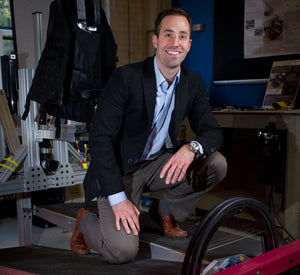
Cadense Adaptive Shoes are built on over a decade of research, starting with the MIT Skywalker project, a robotic gait rehabilitation tool aimed at improving walking rhythm. This work evolved at UCSB, where researchers sought to create a practical, everyday solution through Variable Friction Technology. The result? A shoe that adjusts to your stride, providing support where you need it most, whether on carpet, hardwood, or pavement.
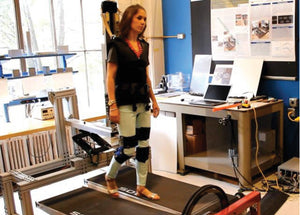
Originally developed using a split-belt treadmill designed to reduce interaction forces, our early research focused on helping patients achieve a more rhythmic and natural walking pattern.
Studies showed that reducing ground contact during the swing phase could enhance gait rhythm and make walking feel easier—a principle that has been integral to Cadense's variable friction technology, now embedded in every pair of our shoes.
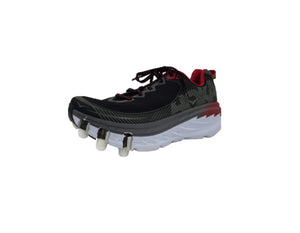
Partnering with Dr. Elliot Hawkes from Stanford, the team developed over 30 prototypes designed to replicate reduced ground interaction forces during the swing phase. This led to the creation of the variable friction concept.
In testing with individuals managing conditions like multiple sclerosis, brain tumor recovery, and cerebral palsy, the variable friction shoes showed promising results, including reduced hip circumduction and improved walking speed—sometimes within just two minutes of use.
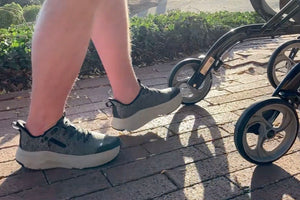
In 2022, Cadense conducted a beta test with individuals experiencing foot drop, stroke recovery, and other mobility challenges. Participants used the shoes daily and shared their experiences over a month-long period.
Key Insights:
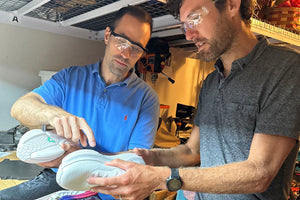
Cadense is committed to advancing our understanding of adaptive footwear through ongoing studies. A recent NIH-funded clinical trial at the Shirley Ryan Ability Lab is examining how Cadense shoes compare to traditional AFOs in supporting walking and gait improvement.
Our research continues to explore the effects of variable friction technology for conditions like Parkinson’s and multiple sclerosis, ensuring that our designs evolve with the needs of our users.
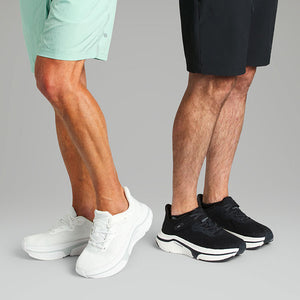
Interested in the latest research developments? Reach out to us or download the full summary for in-depth details.
Download the full research summary.